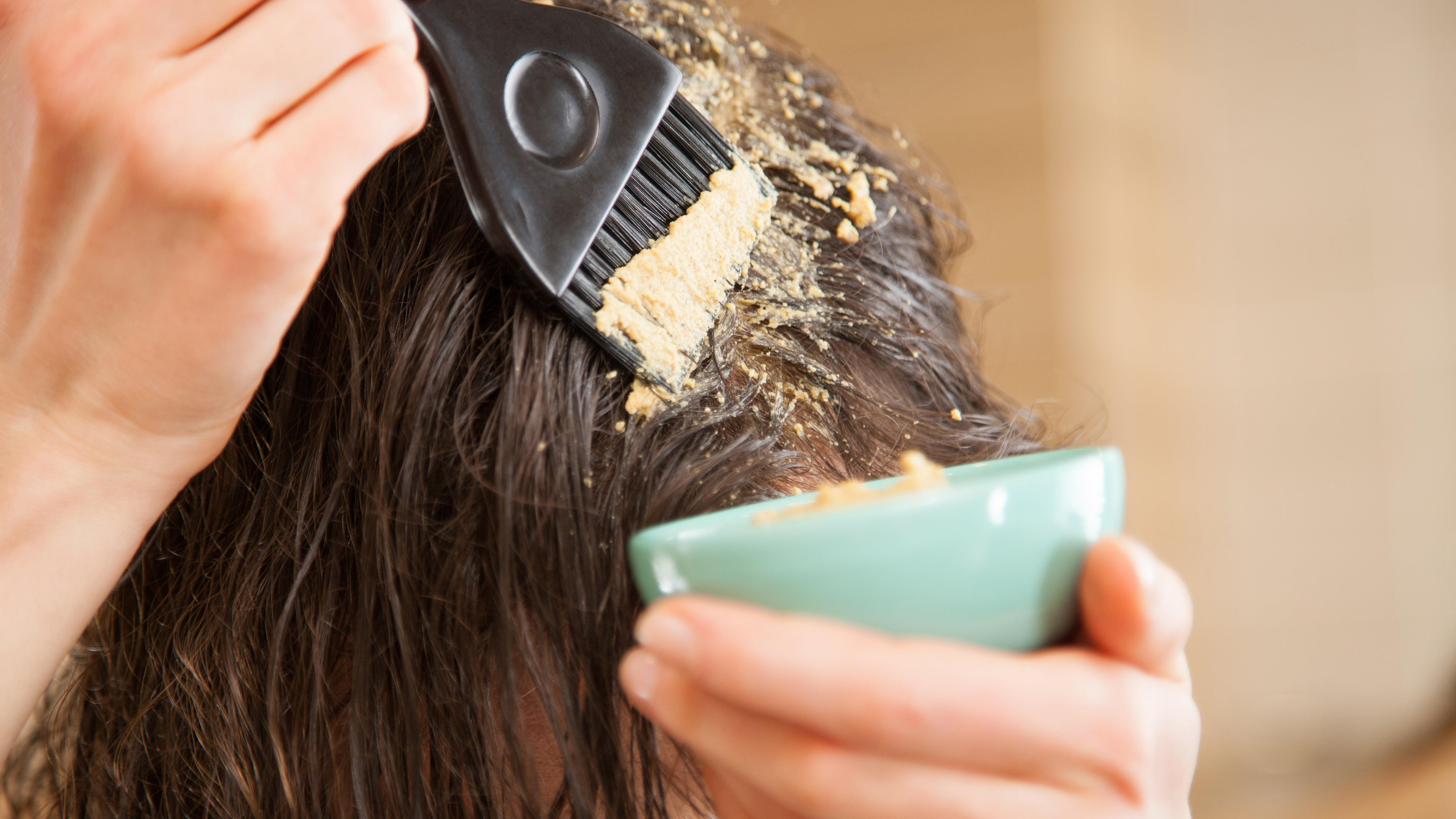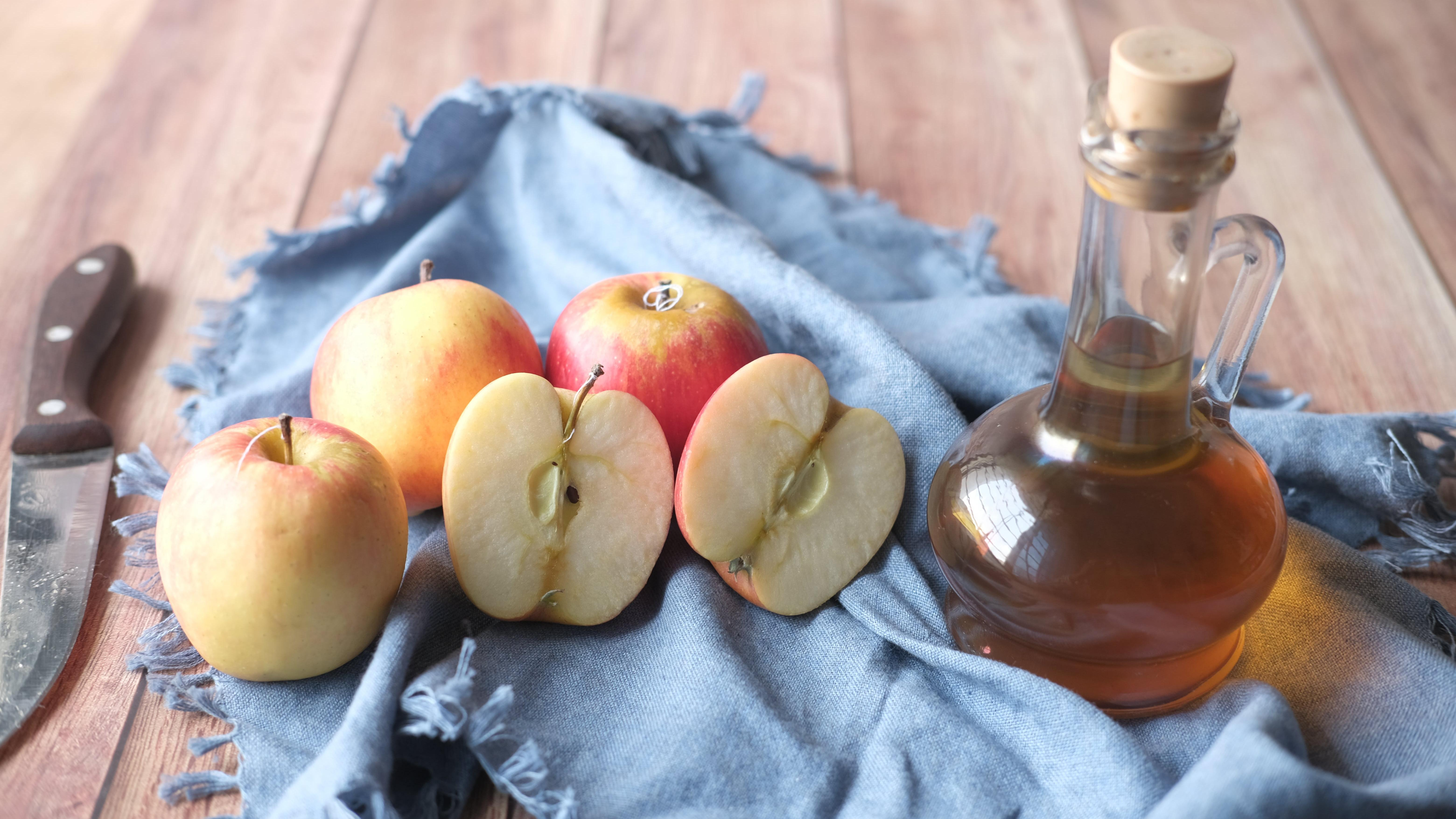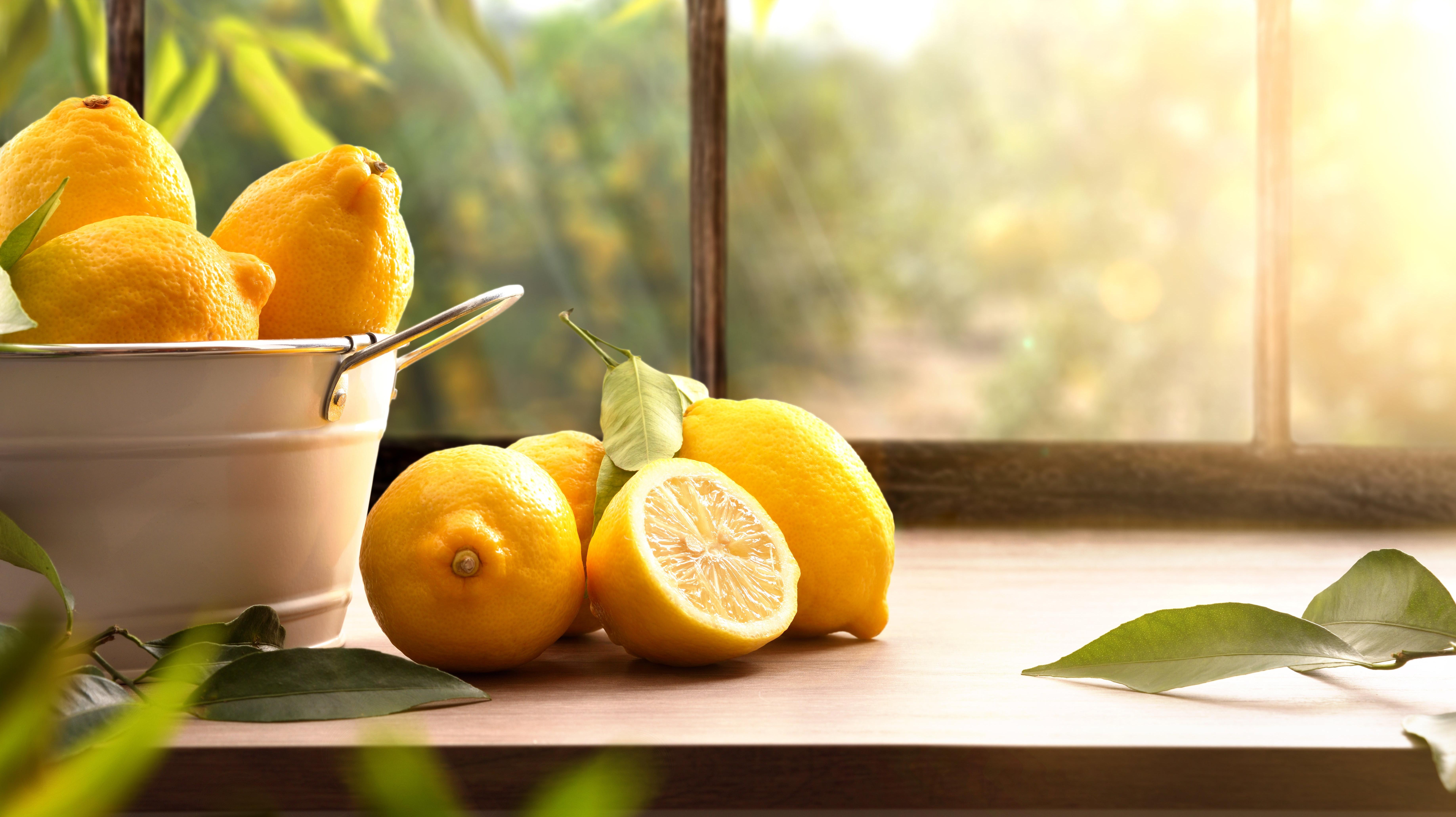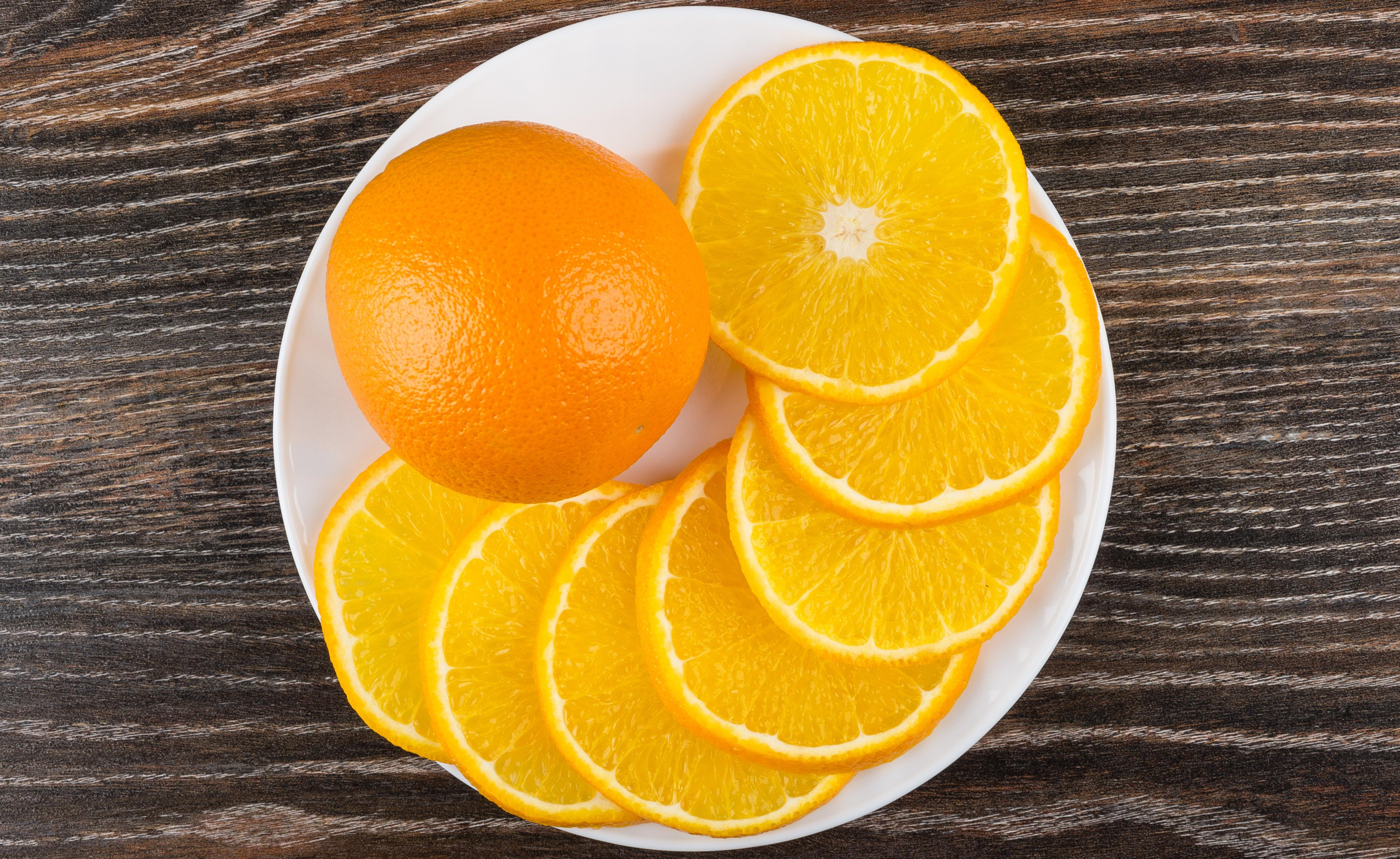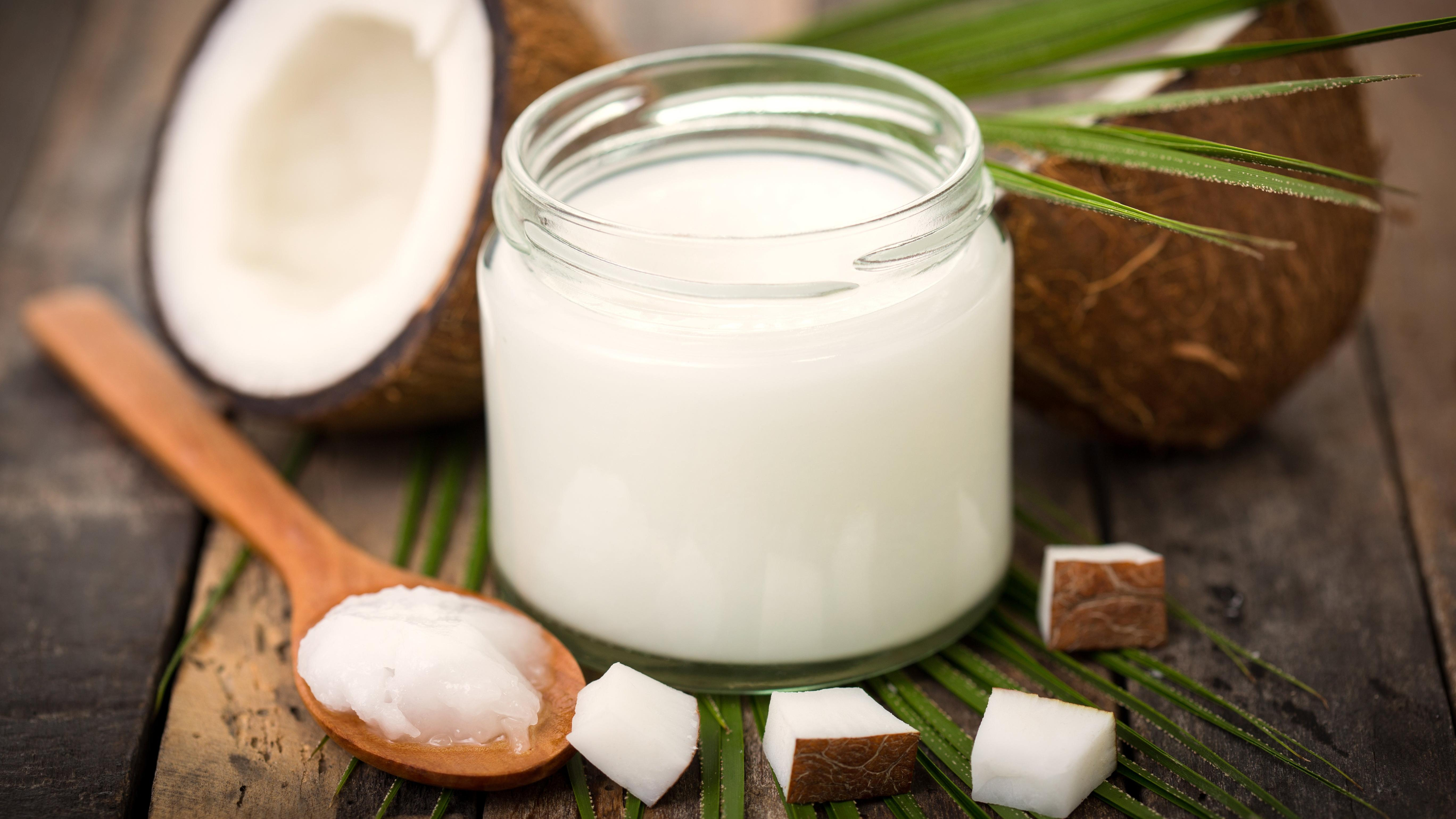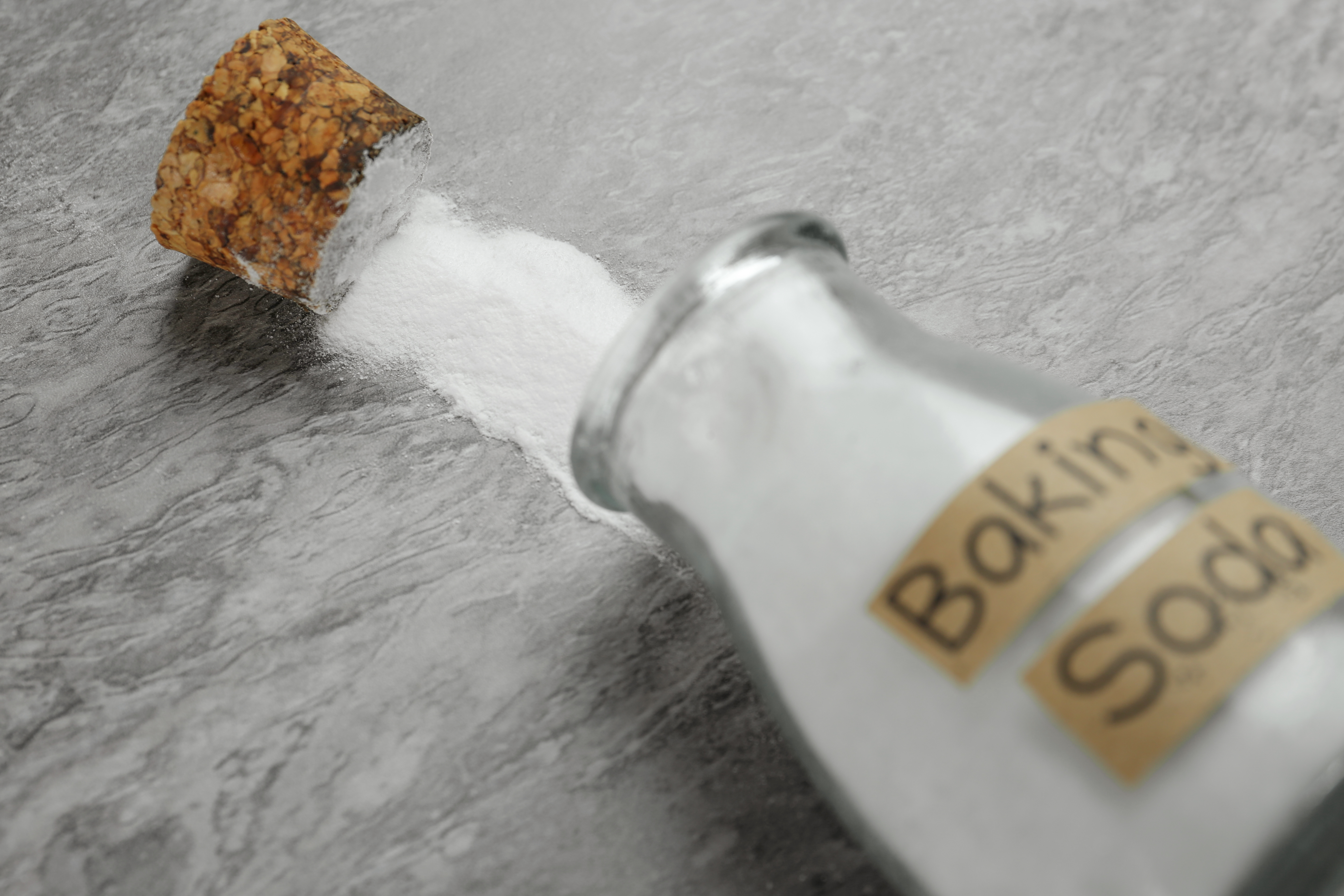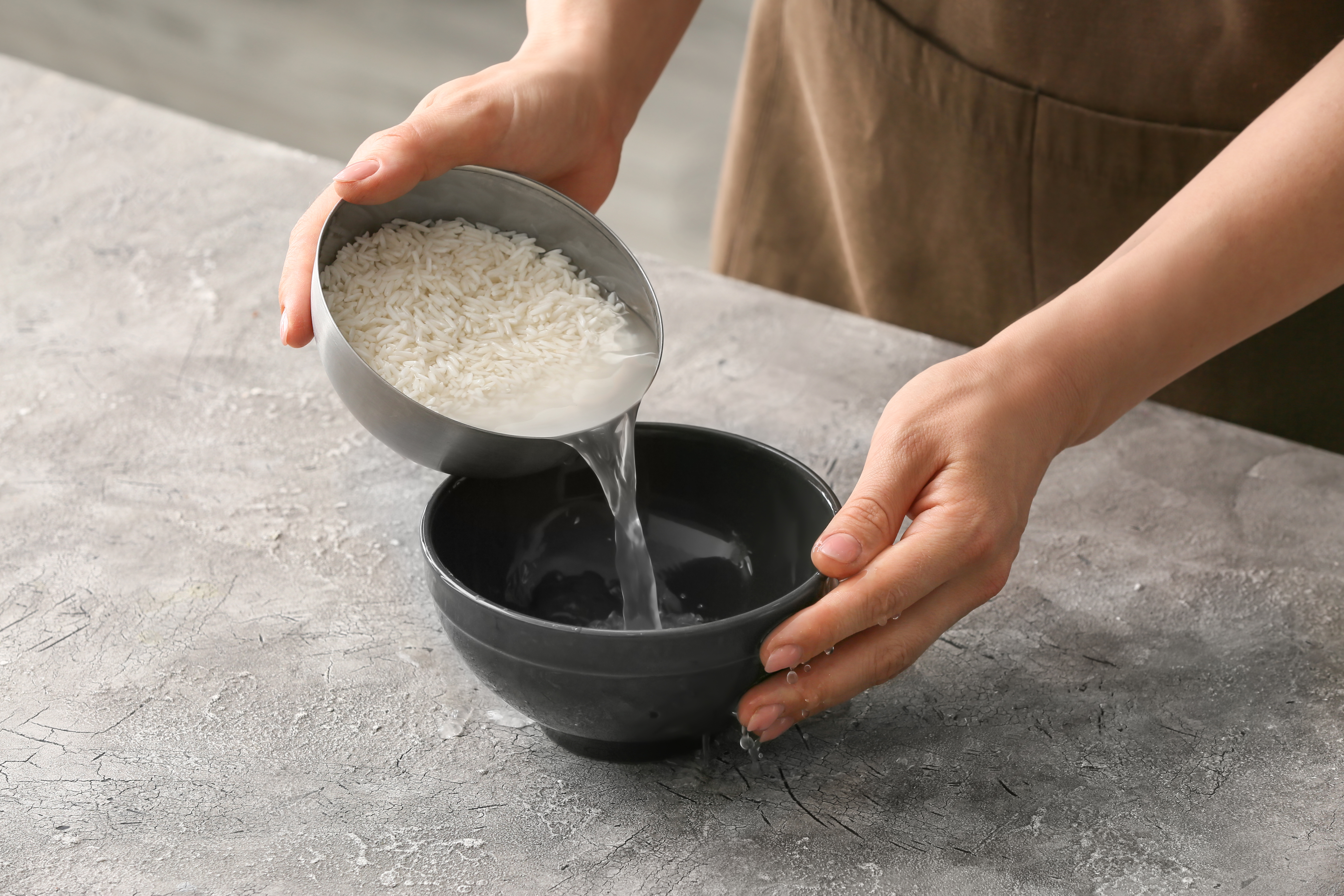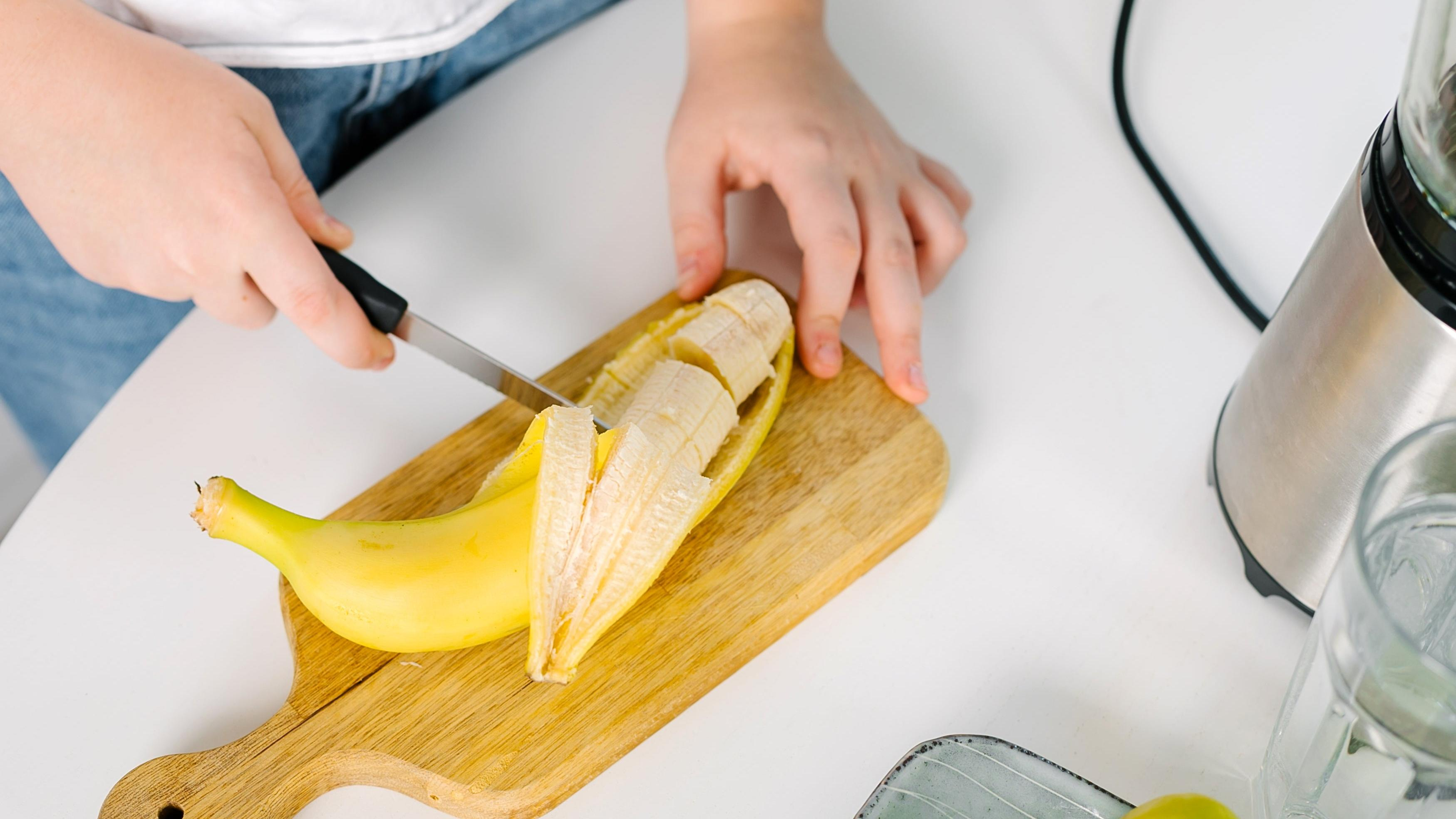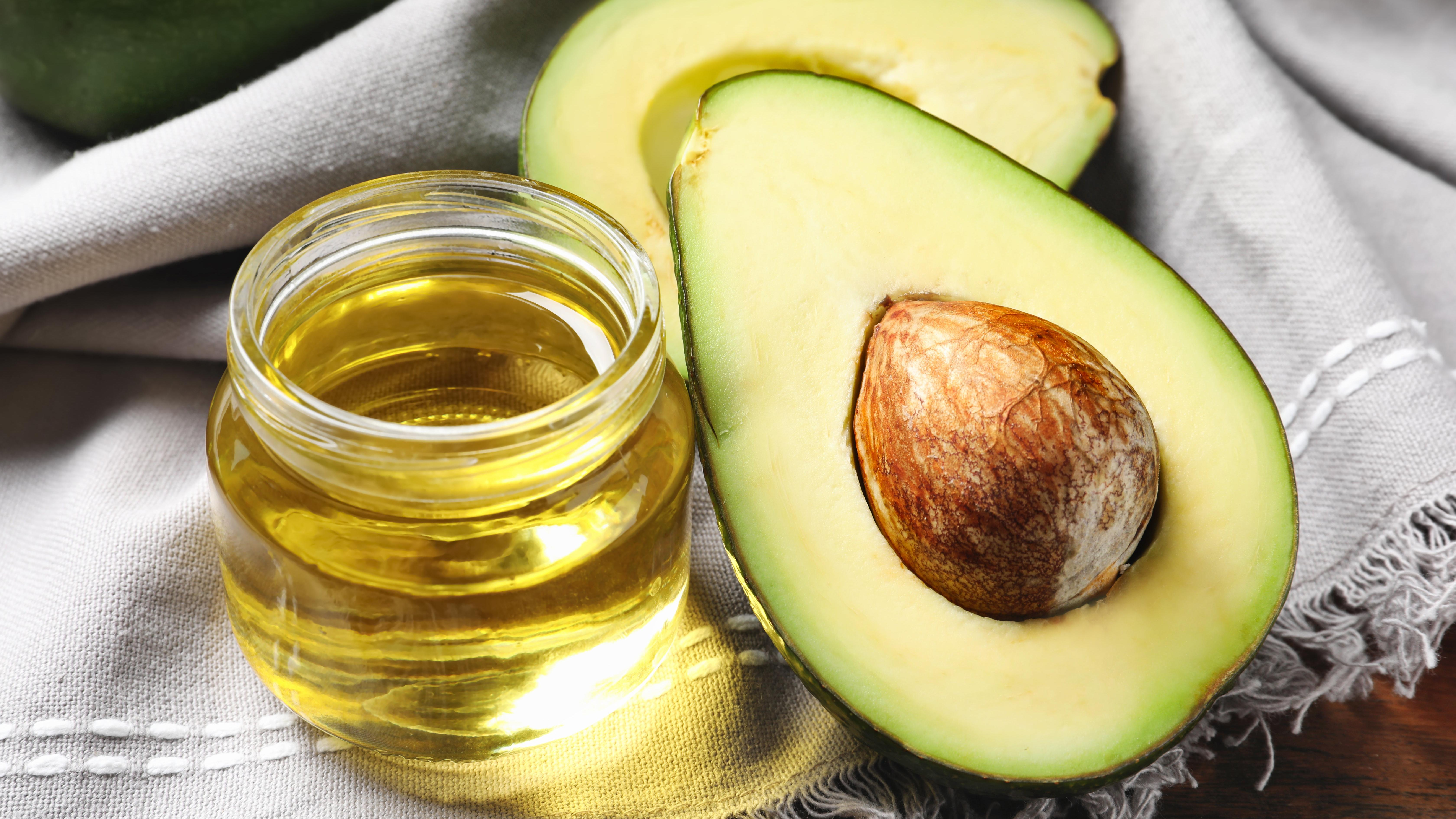6 Foods That Do Not Belong In Your Hair (And 2 That Do)
Hair masks can be fantastic, but some products do more harm than good.
Whether you have thick, curly locks with a dry scalp or fine, straight strands that get very oily, we all want to take care of our hair. There are plenty of expensive hair products out there meant to encourage growth, promote shine, and perform plenty of other hair miracles.
Just like the skin on our face, hair types vary a lot from one person to the next. This means some ingredients will work wonders when combed into hair and others might actively cause damage. Next time you mix together a DIY hair mask, make sure the ingredients fit your scalp's needs.
Apple Cider Vinegar
Apple cider vinegar is a tricky ingredient for hair care, which is why it's probably best not to use it at all. Because of its acidity, the use of apple cider vinegar in hair masks is meant to balance the pH levels of your scalp. Unfortunately, use too much and you'll end up with dry hair and an irritated scalp. If you do incorporate ACV into any hair care regimen, be sure to dilute it with water.
Lemon juice
Whether mixing it into a hair mask for an overall brightening effect or applying it to lighten the actual color of your hair, lemon juice can have some pretty negative side effects. Medical News Today notes that putting lemon juice in your hair can cause the strands to become brittle. Lemon can cause something called phytophotodermatitis, an inflammatory skin condition. When it comes to your scalp, this takes the form of blisters or a rash that occurs because of a mixture of sun exposure and the lemon juice. Keep the lemons in the kitchen where they belong.
Oranges
Since it's a citrus fruit with similar properties, orange juice has roughly the same effects as lemon juice when mixed with the sun and your hair. Unfortunately, just about any citrus fruit has the potential to cause phytophotodermatitis (nasty skin inflammation). Just because oranges aren't as tart as lemons doesn't mean they're any less harsh on your hair. Skip the citrus-based hair masks, or at the very least be diligent about washing it all out before exposing your head to sunlight.
Coconut Oil
Coconut oil is one of those ingredients that does have some benefits for hair and skin, but only if used properly and sparingly. People often use oils to moisturize dry hair and tame frizz, but prolonged use of coconut oil only masks the issue. If your hair is dry, using coconut oil is just a band-aid approach and might actually clog up the pores in your strands, preventing other products from penetrating and nourishing the hair as you need. In the long run, the effects of coconut oil on hair aren't beneficial enough to make it worth risking your hair's overall health.
Baking Soda
Baking soda is not an acceptable substitute for dry shampoo. It might seem like a good idea in a pinch—it absorbs moisture, right?—but the effects it could have on your scalp are much worse than walking around with an oily head of hair. Healthline explains that baking soda is an abrasive ingredient that can cause irritation and dry out hair. For those with extra oily hair, it's still not the best option; condition that stuff out of your hair if you've got any baking soda in it.
Rice water
A rice water rinse is another kitchen-item hair hack with mixed reviews. The problem here is that rice water can have some benefits and some negative effects, all depending on a person's hair type. Cosmopolitan reports some of the negative effects of rice water: "flaky buildup on the scalp, protein overload on the hair cuticle, dryness, and breakage." These side effects are most likely to affect people with fine and low-porosity hair. Even people for whom rice water is an effective hair treatment should only use it about once a week.
Bananas
On a more positive note, bananas are a fine kitchen ingredient to incorporate into your hair care if your'e so inclined. Bananas contain a number of nutrients that can not only help to promote strength and growth, but can also help to heal certain hair and scalp problems. Healthline explains that the silica in bananas can help to strengthen strands by synthesizing collagen, and the antimicrobial properties of bananas can help to heal dry scalp and relieve dandruff.
Avocado
You'll find avocado as an ingredient in a number of hair masks and hair products in general, and that's not just because it makes your head more delicious. Avocado and avocado oil contain nutrients that can boost your hair's shiny, well-hydrated look. They're a good natural source of biotin, which can aid healthy hair growth.
